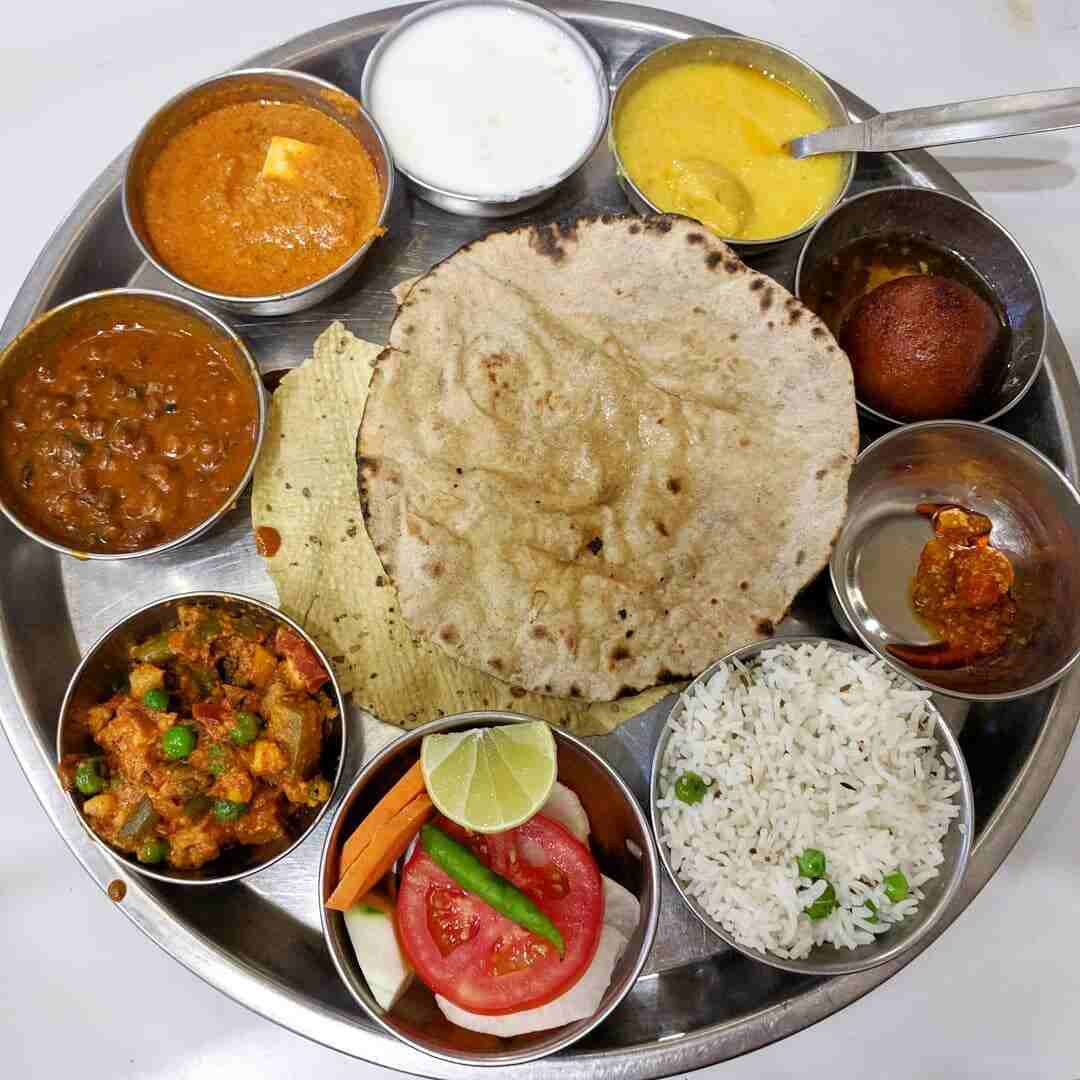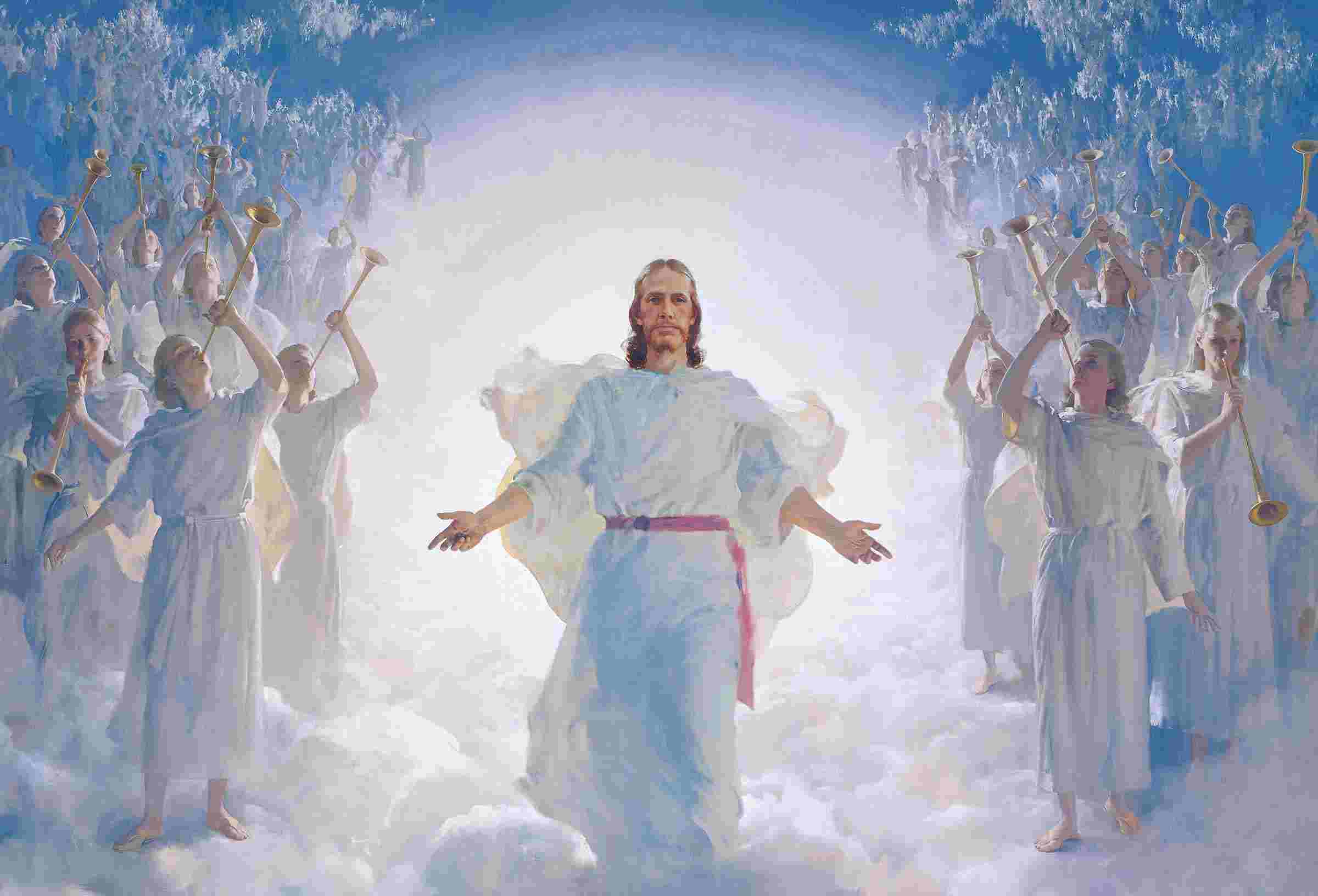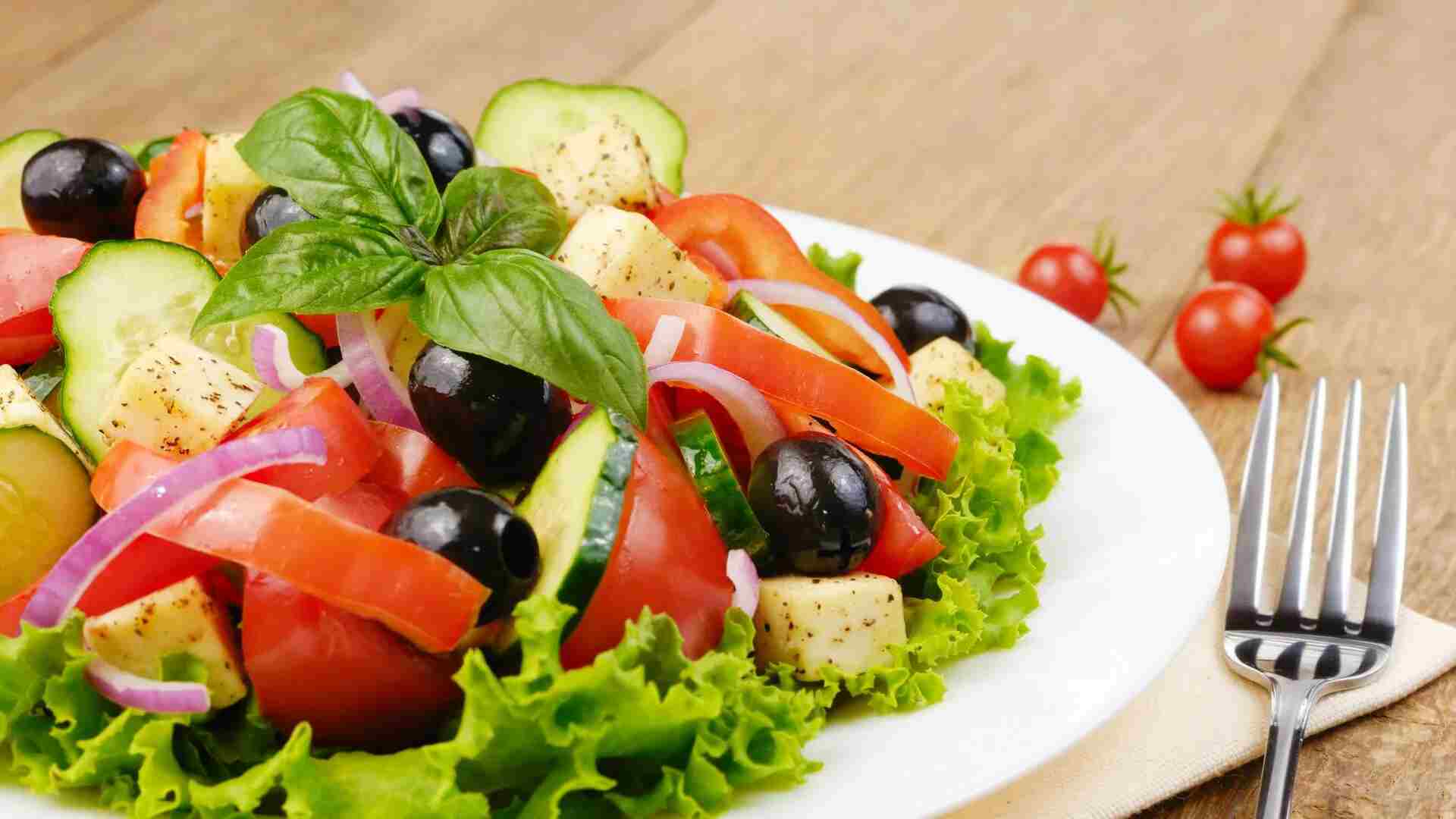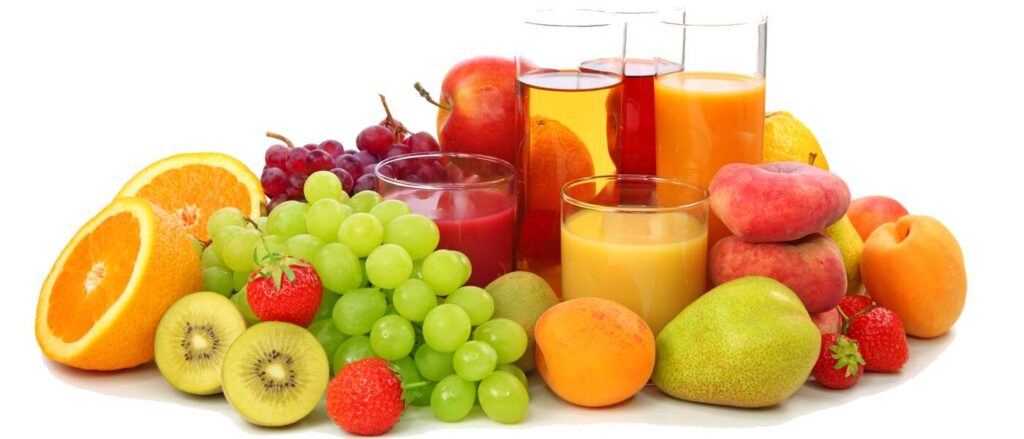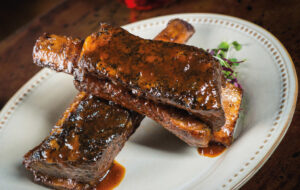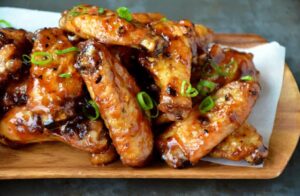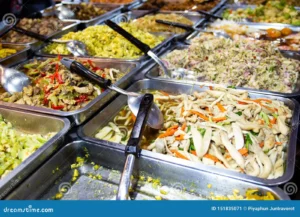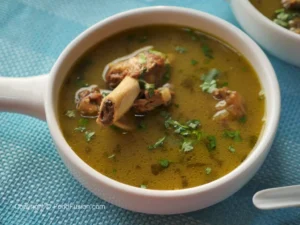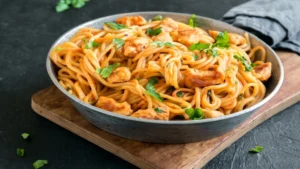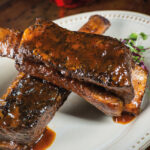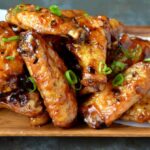The question of whether there is food in heaven is one which many spiritual pupils have contemplated. There are references to consuming in religious texts that offer some insights, as well as symbolic meanings of food that would translate to the afterlife.
Let’s take a deeper look at what various perspectives say about subsistence and celebration in the world to come.
Biblical References to Feasting in Heaven
The Bible includes numerous passages that describe grand celestial banquets for believers. Revelation 19 speaks of a marriage dinner party for the Lamb of God:
“let us have fun and be satisfied and give the respect to Him, for the wedding of the Lamb has come and His bride has made herself prepared.”
This suggests a joyous event of communion among God and his fans. In Exodus 16, God promises to provide bread directly from food in Heaven to sustain the Israelites in the desert. Some Christians view this as prefiguring eternal sustenance.
Jesus himself referred to drinking new wine in Heaven in Matthew 26. So while not conclusive, there are biblical motifs of eating and fellowship with God after death.
The Quran also references lavish food and drink provisions awaiting martyrs in Jannah (Paradise). Surah 52 states the righteous will be:
“Reclining on thrones woven with gold and precious stones. They will be served by immortal boys, with cups and jugs and a glass from the flowing wine, from which they will feel neither any hurting head or intoxication.”
So the highest heaven in Islam involves indulgence without harm. Overall, religious texts provide symbolic language pointing to feasting as part of the afterlife experience, without definitively answering our question.
The Deeper Meaning of Food in Faiths
When considering food symbolism, the Catholic tradition of Holy Communion stands out. By ingesting the Eucharistic “body and blood” of Christ, believers experience a spiritual connection to God and each other.
In Buddhism, offering meals to monks and nuns earns spiritual merit. Sharing food nurtures compassion, a key virtue. Similarly, the Jewish tradition of welcoming guests for Sabbath dinner shows hospitality as holy.
Across faiths, breaking bread together tends to represent community, gratitude, and fulfillment of life’s needs. If an afterlife allows those values to continue, food in heaven may have metaphorical rather than literal meaning.
But its role in earthly worship hints that subsistence could relate to heavenly rewards.
Metabolism and Nutrition in Soul Form
From a scientific standpoint without physical bodies, do souls even require fuel. Faith often avoids addressing heaven materially, focusing instead on relationships and perfect fulfillment.
Philosophers debate whether the afterlife involves literal or allegorical existences. American theologian Harry Emerson Fosdick said God satisfies human hungers in ways beyond earthly pleasures. So nutrition may be symbolic of spiritual nourishment.
Varied Views of the Nature of Paradise
Opinions diverge on whether the afterlife consists of tangible places. For some Christians, heaven means reunion with departed loved ones in a New Jerusalem. To others, it symbolizes a transcendent, non-spatial reality.
Judaism commonly envisions souls enjoying Shell, a sacred underworld of rest. More esoterically, the Kabbalah describes the soul ascending to various heavenly “palaces.”
Islam portrays detailed gardens, servants, and lavish meals awaiting martyrs in paradise. But the Quran also calls it a non physical realm of nearness to God.
So across religions, visions of the afterlife range from concrete to metaphorical. But all inspire hope that spiritual, emotional and relational hungers will find fulfillment.
Could Feasting Represent Joy, Not Sustenance
Many theologians see references to food, drink and feasting as representing gratitude, community and spiritual pleasure, rather than sustenance per se.
The table brings people together in worship on Earth, and symbols like bread and cup nourish faith. This fellowship could continue food in heaven through deepening connection to God and others. Food satisfies us physically, but its deeper purpose inspires human compassion.
Heavenly “feasts” may symbolize perfect understanding and appreciation, with all anxieties and divisions gone. The body eats to live; in the afterlife, life consists of intimacy with the divine. Food in heaven might signify that unceasing delight.
Frequently Asked Questions
Angels do not need to consume food or drinks.
Will we have meals in heaven?
Jesus showed that we will eat in our glorified bodies by asking for fish to eat after he had risen from the dead.
Conclusion Of Food In Heaven
While religious literature commonly depicts celebrations and festivities, likely no system can objectively describe heaven perceptible only to enlightened souls. Its rewards may far surpass earthly analogies.
Rather than debating the menu, we can appreciate food’s representation of life, community and gratitude in many faiths.
An afterlife of fulfillment, security and reunion seems to satisfy humanity’s profoundest hopes, however ultimately realized. The diversity of perspectives underscores mystery, but unity in expectation of joy.
